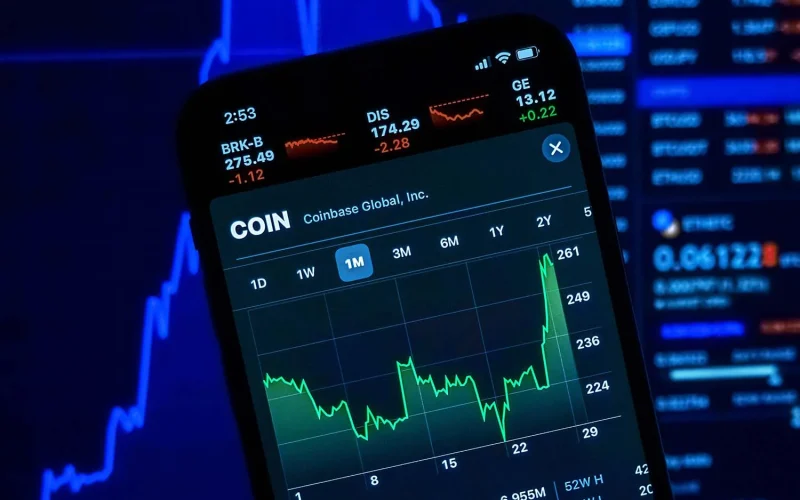When it comes to purchasing and holding cryptocurrency, crypto exchanges are not your safest bet.
Unlike well-regulated stock exchanges, most crypto exchanges operate outside of these regulations.
Major players like Binance, Coinbase (though most regulated of them all), and FTX even contradict the original vision of Bitcoin, centralizing control in a system meant to be decentralized.
In the early days of Bitcoin, acquiring the cryptocurrency required mining, which involves complex computations to verify transactions on a blockchain.
The coins were stored in a digital wallet, either online or on a physical device, which is considered the safest method because it can be disconnected from the internet to avoid hacking.
Before exchanges, trading meant direct sales between owners through online forums.
Crypto exchanges simplified this process, especially for less tech-savvy investors.
Two types emerged: decentralized exchanges (DEX), which connect buyers and sellers, and centralized exchanges (CEX), which not only facilitate trading but also hold cryptocurrency on behalf of customers.
Centralized exchanges have proven more popular due to their simplicity.
However, what customers gain in convenience, they lose in control.
Exchanges typically hold your coins in their own wallets and accounts for you.
Consider the headline case of FTX, a centralized exchange holding between $10-50 billion in cash and crypto assets.
It acted as an exchange, a broker, and a bank, all without the regulatory oversight of these institutions.
Customers lost control of their assets when the platform got into trouble. FTX spent an estimated $375 million on advertising and endorsements to increase trading volumes and create an illusion of safety.
In the mostly unregulated crypto world (though this is changing), it’s crucial to remember the adage, “Not your key, not your coins.”
This means that your crypto isn’t safe unless you control your private key and store your coins in your wallet.
Crypto exchanges, especially most centralized ones, pose a significant risk.
To mitigate this risk, it’s best to educate yourself on trading crypto, learn how to use a self-custody wallet, opt for a decentralized exchange, experiment with small amounts and only risk what you can afford to lose.
##########################








